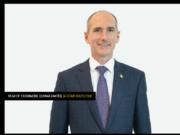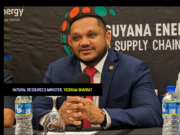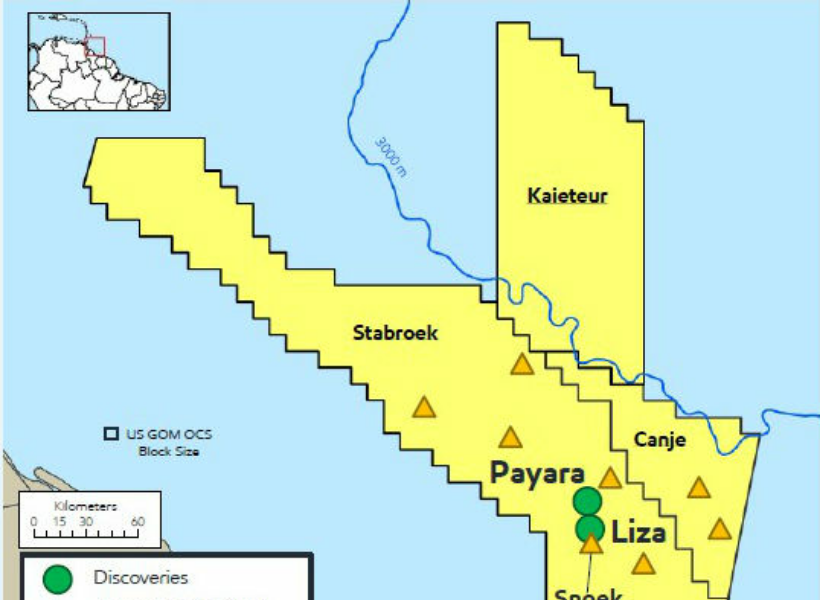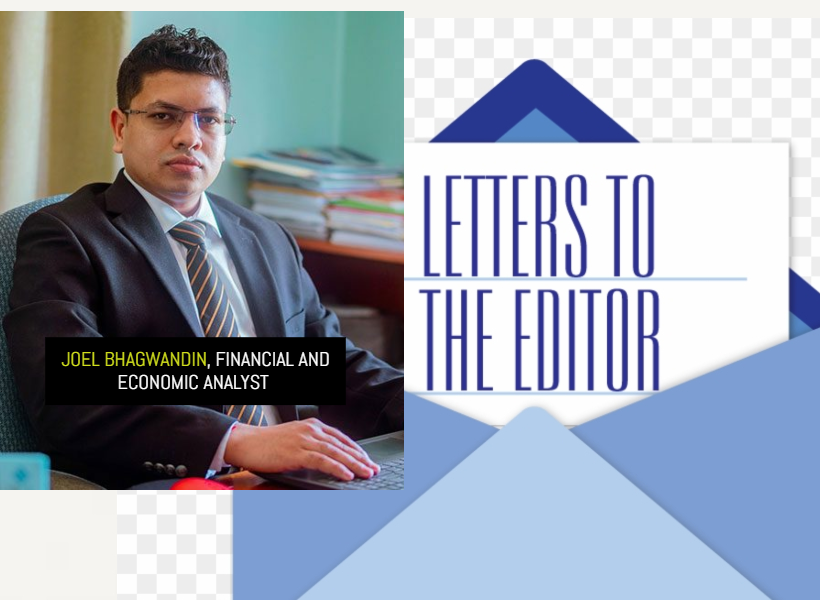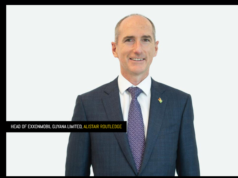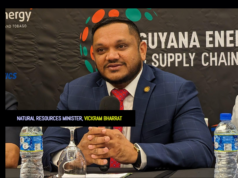Earlier last month, Retired Rear Admiral Dr. Gary Best had appeared on a programme hosted by the Guyana Business Journal (GBJ), sharing his professional views on the Guyana / Venezuela border situation [controversy]. There, he made some very important points. I even concurred with some of them. Particularly, the one that stood out to me was his argument where he posited that since the matter is now before the International Court of Justice (ICJ), the 1966 Geneva Agreement, that Venezuela has misrepresented, has since expired.
Subsequently, I have observed the former Chief of Staff’s authorship of several articles on the border issue; but with an apparent trend leaning towards a certain political path. In this regard, he attempted to compare and contrast the manner in which the border issue between Guyana and Venezuela was handled in the past under the late L.F.S Burnham, former Prime Minister of British Guyana, as opposed to the current leadership exhibited by His Excellency, Dr. Mohamed Irfaan Ali. This, in my humble and respectful view, could cause more harm than good, nationally.
For the sake of demonstrating what I mean, hereunder is how the political debate could unfold, which it appears is what the former Chief of Staff is trying to stimulate, i.e., he’s trying to “bait” the Government, particularly the Vice President, Dr. Bharrat Jagdeo into a public debate.
In his Op-Ed carried in the Demerara Waves on December 31, 2023, the author wrote: “…the Geneva Agreement of February 1966 is an agreement between Venezuela and United Kingdom of Great Britain and Northern Ireland over the frontier with British Guiana “to resolve the controversy over the frontier between Venezuela and British Guiana.”_
_It was signed by Michael Stewart, Secretary of State for Foreign Affairs for the United Kingdom and by Ignacio Iribarren Borges, Minister for Foreign Affairs of Venezuela, the principal signatories, and by then Prime Minister Forbes Burnham as the representative of British Guiana. Secondly, as Prime Minister of a colony, matters of foreign affairs, defence and finance are usually under the control of the colonial power. In this case, the United Kingdom. Then Prime Minister Burnham had no control over the affairs of the colony of British Guiana. This nuanced difference is critical to a full understanding of the extant issue.That accounts for “under whose authority he (Burnham) signed the Geneva Agreement”, and ‘whether he (Burnham) consulted with the people of our country”, which is in contrast to President Ali who is the President of the Cooperative Republic of Guyana, as opposed to then Prime Minister Burnham who was the Prime Minister of the colony of British Guiana. These two positions are incomparable. However, Prime Minister Burnham in keeping with his unparalleledinterest in protecting the territorial integrity of our great nation, ensured that the clauses in the Geneva Agreement would protect Guyana from any territorial dispute being raised by Venezuela by guaranteeing no reference to any territorial dispute within the Geneva Agreement”.
Readers would recall that Mr. Rawle Lucas had taken a similar stance as Dr. Gary Best in his recent essay, to which I had responded to Mr. Lucas. See my response here for ease of reference: [https://www.guyanastandard.com/2023/12/19/pres-ali-did-not-jeopardize-the-judicial-process-for-border-controversy-case-with-venezuela/.](https://www.guyanastandard.com/2023/12/19/pres-ali-did-not-jeopardize-the-judicial-process-for-border-controversy-case-with-venezuela/. “smartCard-inline”)
Both Best and Lucas took issue with the usage of the term “dispute” to describe the border “controversy” between the two neighboring countries in the Argyle Declaration. They have both failed to recognize, however, that the term “dispute” was transposed from the ICJ’s provisional rulings. It is the ICJ that described the matter as a “dispute”. According to some legal luminaries, the reason for this is because a Court of Law does not settle “controversies”, they settle “disputes”. Notwithstanding, consecutive Governments of Guyana have always avoided describing the issue as a dispute, which remains the case to date. In other words, from Guyana’s perspective, there is no dispute over the border because it was settled, inter alia, the 1899 Arbitral Award.
Hence, it is an absolute waste of time and ludicrous, in my view, on the part of both authors’ in their apparent quest to prove that Burnham was the smartest and that only he (Burnham) had properly protected Guyana’s interest―versus―the current Government.
If they (Best and Lucas) really want to go down that road, well even Burnham’s intellectualism can be challenged. Because it was Burnham, whom the former Chief of Staff claimed ensured that he used the term “controversy” in the 1966 Geneva Agreement instead of “dispute”. But of recent, a group of local attorneys posited that the term “controversy” should not have been used.
Interestingly, their (the attorneys) reasoning is far more sensible, and I dare say superior than whatever Burnham’s rationale was at that time. That is, owing to the fact that the border was settled via the 1899 Arbitral award which was accepted, recognized, and adhered to by both countries up until 1962; and that since 1962 to now, more than 60 years have elapsed, yet Venezuela has failed to produce a single shred of evidence to support their claims. Therefore, the controversy as it is being referred to, is really not a controversy, but a “baseless, unfounded claim” to Guyana’s territory by Venezuela. It is a “claim” not a controversy!
Consequently, it is rather unfortunate that the “disciples” of Burnham within the PNC, to this day are still referencing him (a dead man) because of his supposed “intellectual prowess”. In so doing, they have failed to recognize that it is counterproductive.
More so, it is a slap in the face of other former and current leaders of the PNC. For example, why does no one associated with the PNC ever talk about the late Mr. Desmond Hoyte in the manner they refer to the late L.F.S Burnham? Is it because Hoyte was perhaps the best President the PNC produced and because he departed from the Burnham ideologies? Why do they not refer to and acknowledge Mr. Robert Corbin, another former PNC’s Opposition Leader who brought a different type of leadership, that the PNC never appreciated. And more importantly, why are they undermining the current Leader of the Opposition, Aubrey Norton?
Against this background, the likes of Dr. Best [et.al](http://et.al “”) need to stop this facade. It’s not helpful to the national cause, for the reasons as illustrated herein.
If the Burnham’s disciples would like, we can debate Burnham’s Prime Ministership and his Presidency. There are volumes of academic literature documenting Burnham’s leadership style, and his modus-operandi―characterized as transforming his personal interests into becoming superior to that of the national interests, such that his personal interests evolved into the national interests. So, let’s not get into that debate and stop this nonsensical comparing and contrasting for no good reason. Stop it!
Yours respectfully,
Joel Bhagwandin
